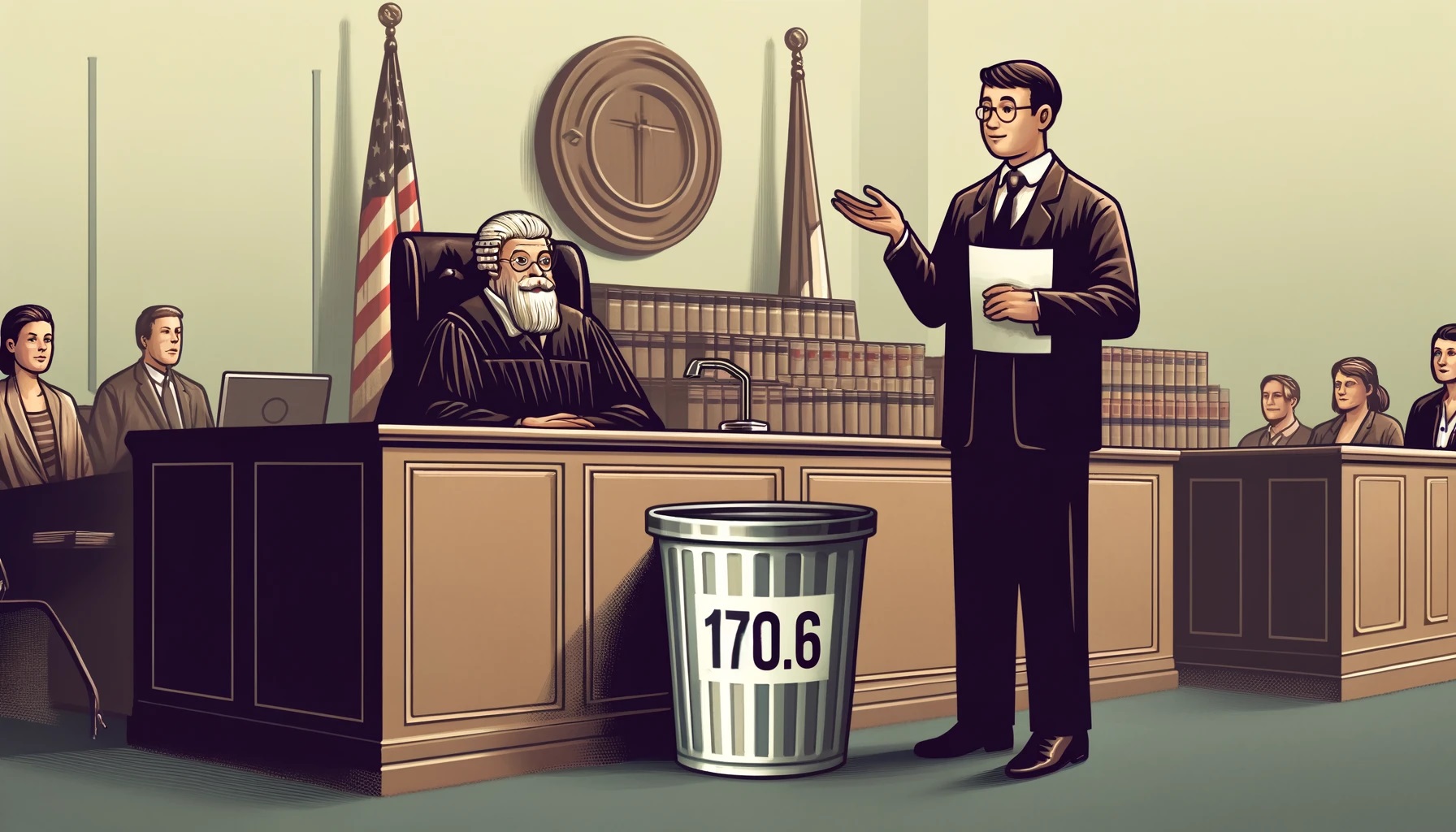
One reason trial prep is so stressful is you don’t know if you might get a different judge—or if you’ll have the right to make a CCP 170.6 peremptory challenge to the new judge. When you get an all-purpose assignment, you have 10 days to make a challenge. But if you’re in a “master calendar” court, you have to make your challenge before the case is assigned to trial. So to wreak havoc with the right to make 170.6 challenges, the San Diego Superior Court got the bright idea to deem every judge a “master calendar” judge. This sets your 170.6 deadline as “the time the cause is assigned for trial”—and if you’re reassigned for trial, that means pretty much instantaneously.
So when the plaintiff in Lorch v. Superior Court (D4d1 May 16, 2024 No. D083609) [pub. opn.] got a voicemail from the clerk just before 3:00 p.m. the Friday before trial, and efiled her 170.6 peremptory challenge on Saturday, she was dismayed to find the judge reject it as untimely.
And not just reject the 170.6, but in conspicuous fashion. When counsel asked to make a record, the judge jeered, "I need to hear from plaintiff's counsel about why they dislike me so much.” When counsel reiterated the 170.6, the judge interjected: "You untimely exercised a defective peremptory challenge is what happened."
Counsel asked for a stay to take a writ, but the judge refused that too.
So a two-day trial went forward, resulting in a defense verdict. Plaintiff then, within the 10-day statutory period (CCP 170.3(d)), filed a writ petition.
Granting the writ, the Court of Appeal concluded that a clerk’s telephone call does not trigger the master calendar rule. But the court went on to reject the San Diego Superior Court’s local rule 2.1.3 as inconsistent with CCP 170.6. Rule 2.1.3 purports to deem every case assignment an assignment to a “master calendar department.” In addition to absurd, “[a] local court rule may not alter the true meaning of the statute.”
Prof. Shaun Martin notes that “San Diego has already dealt with this problem; indeed, did so last month, before Court of Appeal published Lorch. It created a master calendar judge (the supervising judge), and let all-purpose judges assign the case to the master calendar judge if the case is ready for trial but the all-purpose judge isn't ready.”